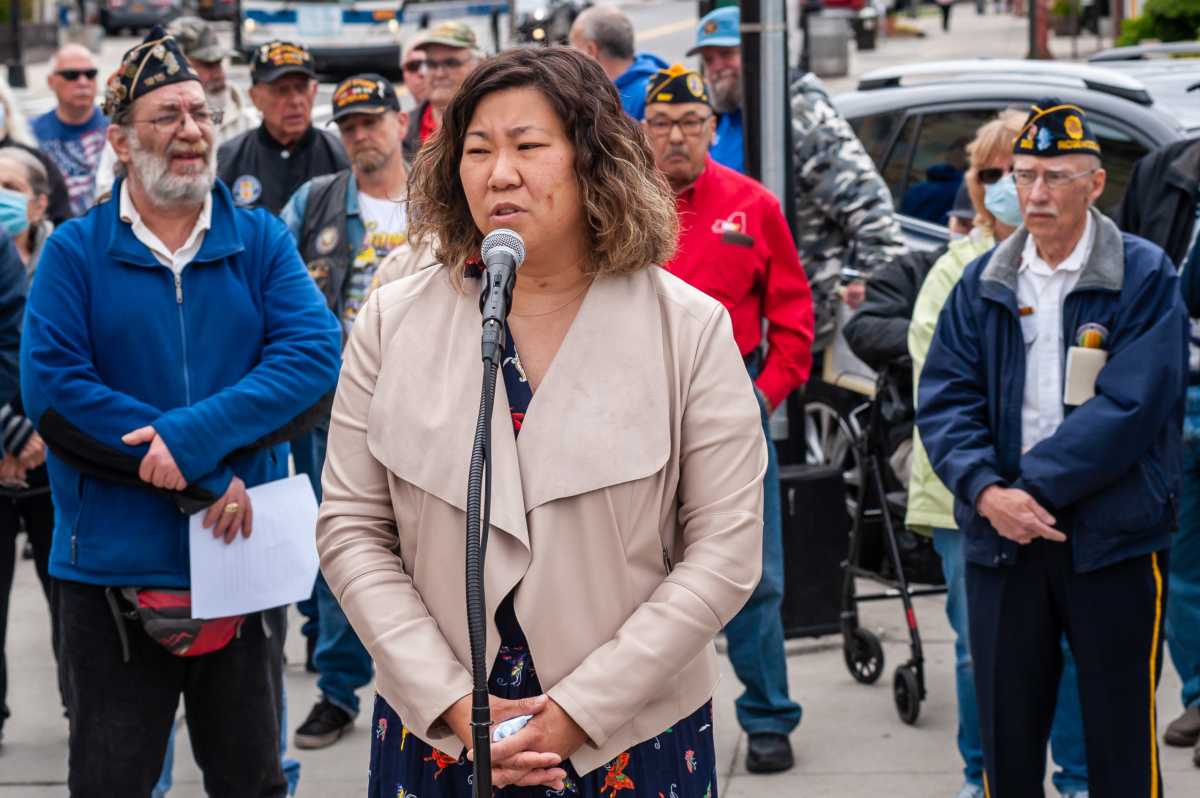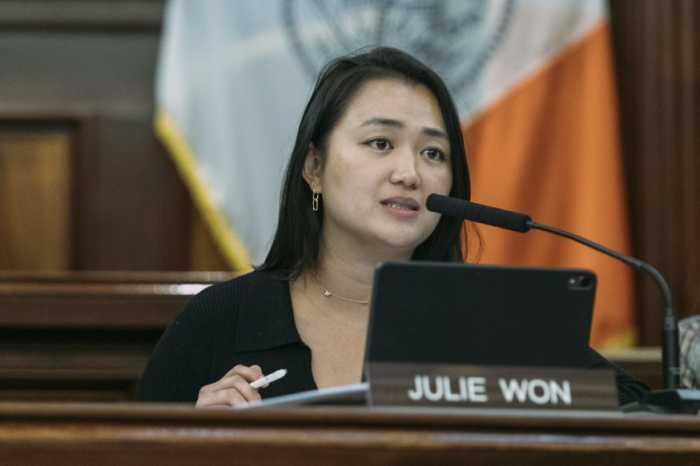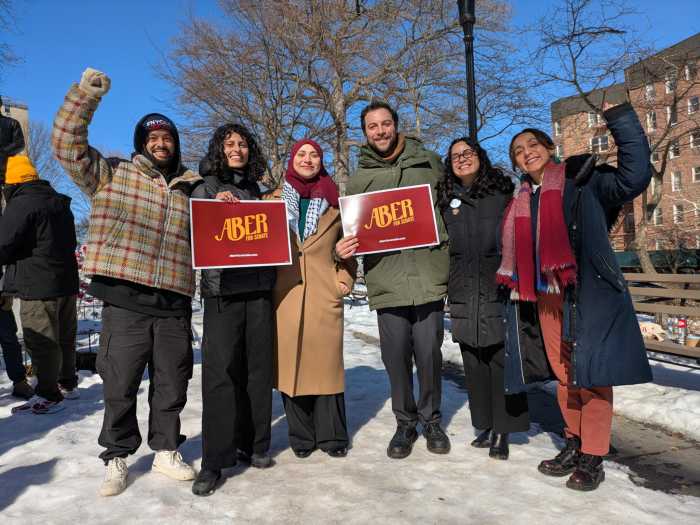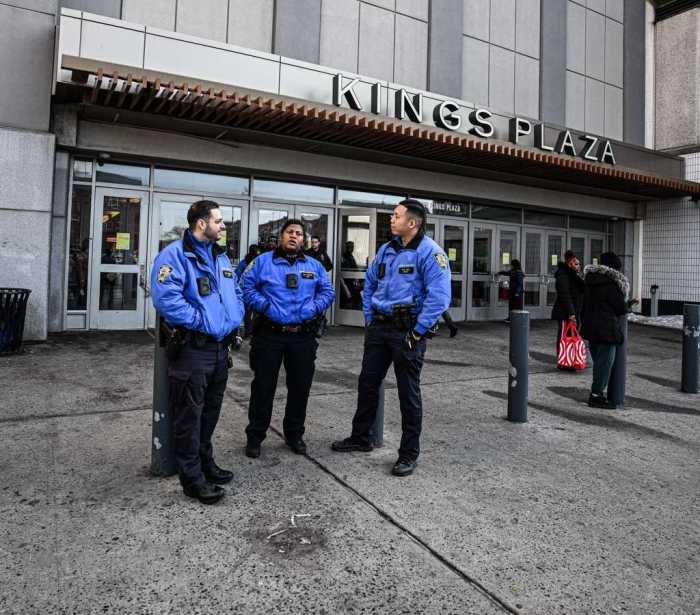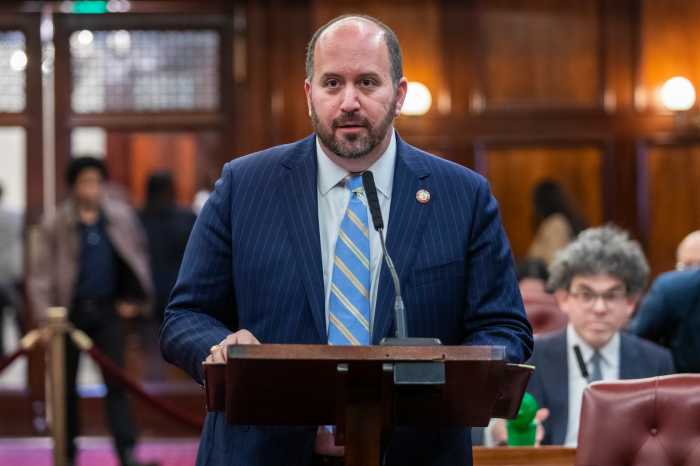Queens Congresswoman Grace Meng announced on Tuesday, July 20, that she has secured $30 million in a key spending bill to expand provisions in her COVID-19 Hate Crimes Act, which President Biden signed into law in May to help combat the ongoing hate and violence against Asian Americans and other impacted communities.
Meng attached the funding to the Commerce, Justice, Science Appropriations bill. The measure now heads to the House floor, where it is expected to pass later this month.
“I am so proud of the new $30 million grant program that would advance community-based approaches to addressing hate crimes. This vital funding would reinforce and expand the critical groundwork that these community groups have been doing; it would help them scale up and expand out,” Meng said. “I look forward to this funding being approved by the full House and passed by the Senate — so that our neighbors can live free from hate and violence.”
The money would be provided directly to community-based organizations to implement the COVID-19 Hate Crimes Act’s goal of community engagement, empowerment and education. One of the major provisions in the new hate crimes law directs federal agencies to work with community-based organizations to raise awareness of hate crimes during the COVID-19 crisis.
“Community-based organizations are the heartbeat of our communities,” Meng said. “Since the beginning of the pandemic, they have been on the front lines standing against the rise in bigotry and attacks. They’ve worked tirelessly to help victims and stop this spike in discrimination and intolerance, and they have done all this under-resourced.”
As Meng’s COVID-19 Hate Crimes addresses the problem, the congresswoman said they must be certain that community groups have the resources they need to carry out parts of the new law.
Community-based organizations and civil rights groups can use the funds for the following purposes:
- Implementing and facilitating educational classes and community services for defendants convicted of hate crimes (directly related to the community harmed by the offensive).
- Culturally competent and linguistically appropriate public education campaigns on the collection of data and public reporting of hate crimes.
- Safety ambassadors to escort vulnerable community members in public places.
- In-language support for victims and/or surviving families of hate crimes including mental health support.
- Providing bystander, de-escalation training in multiple languages.
- Other community-based strategies deemed appropriate for communities of color and other vulnerable and historically disadvantaged communities.
The Commerce, Justice, Science spending bill funds the U.S. Department of Justice, Department of Commerce, and science-related initiatives.
Meng is a senior member of the House Appropriations Subcommittee on Commerce, Justice, Science and Related Agencies which determines the funding levels for the measure. The $30 million is allocated under a new grant program called “Community-Based Approaches to Advancing Justice.”
Other provisions of Meng’s COVID-19 Hate Crimes Act include, among other things, creating a position at the Department of Justice to facilitate expedited review of COVID-19 hate crimes, encouraging more reporting of incidents in multiple languages, and expanding public education campaigns aimed at raising awareness of hate crimes and reaching victims.
Meng reintroduced the COVID-19 Hate Crimes Act in March with Senator Mazie Hirono (D-HI). It was passed in Congress with overwhelming and bipartisan support — 364 to 62 in the House and of 94 to 1 in the Senate.
The congresswoman has received support from community organizations both locally and nationally for her continued efforts to fight against hate.
“The Asian American Federation is hugely inspired by Congresswoman Grace Meng’s efforts. We thank her for her commitment to support and protect the millions of hardworking Asian Americans that continue to help our nation confront a global pandemic despite the bias they face,” said Jo-Ann Yoo, executive director of the Asian American Federation, which represents the collective interests of 1.3 million Asian New Yorkers, across critical issue areas such as immigrant integration, mental health, economic development and civic engagement.
While the nation’s attention may have shifted from the wave of violence that continues to batter Asian American communities, according to Yoo, they’re still being called on every day to do the urgent work needed to protect them from further attacks.
“Victims and their families continue to struggle to overcome the terrible physical, mental and economic toll of hate violence: our seniors are terrified to step outside their doors, and parents are afraid to send their children to school even after months of isolation at home,” Yoo said.
The Community-based Approaches to Advancing Justice grant championed by Meng recognizes that the Asian American communities are in crisis, Yoo added.
“This grant is an ambitious and necessary step to enhance and expand community engagement, empowerment, and education against hate,” Yoo said.
John Yang, president and executive director of Asian Americans Advancing Justice, said the grant program demonstrates a commitment for community-based responses to anti-Asian hate and racism, and builds upon the historic COVID-19 Hate Crimes Act passed in May.
Yang further added that they’re pleased that congress will be funding community organizations that have the cultural competency to reach, serve and support the diverse Asian American communities through mental health services, public education campaigns, training on how to respond to anti-Asian hate and harassment and more.
“We thank Rep. Grace Meng for her strong and steadfast advocacy to ensure that Congress follows through on its promises to meet the needs of our communities,” Yang said. “We also extend our appreciation to the organizations that have long been working, and have stepped up during the COVID-19 pandemic, to protect and support those who are the most vulnerable.”

